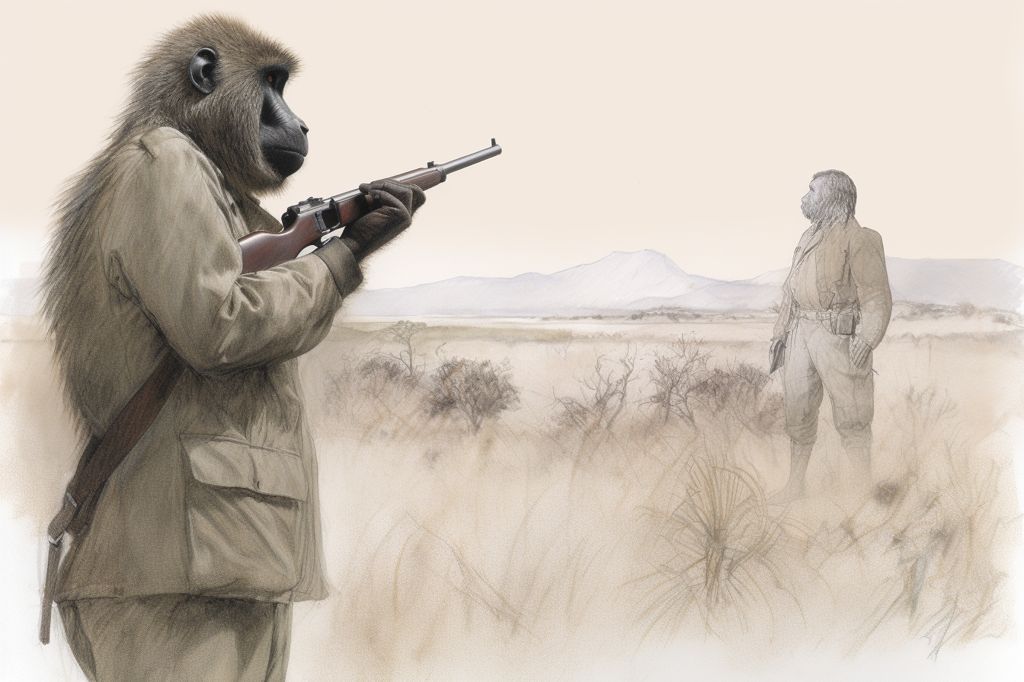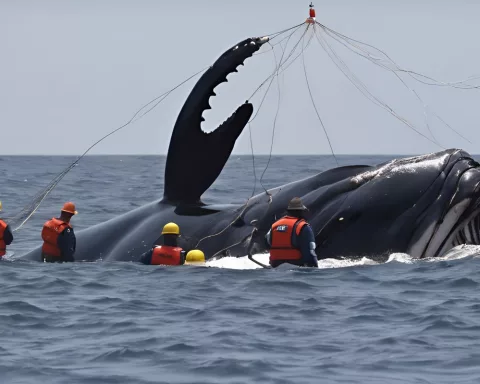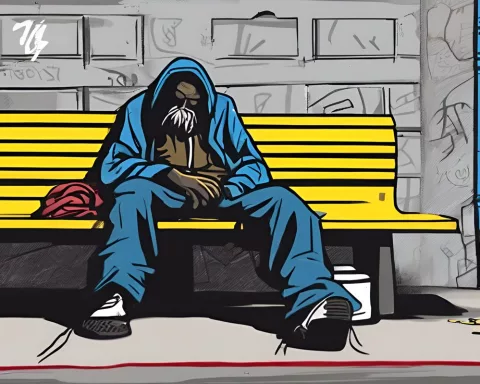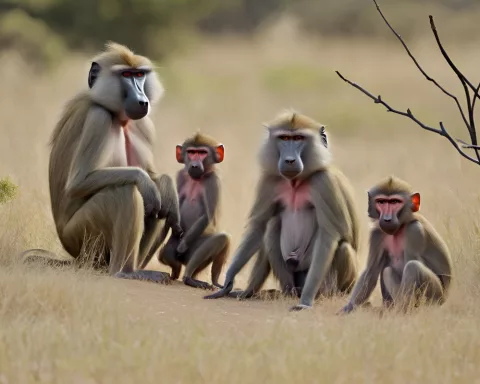In March 2021, animal rights groups in South Africa were outraged over the shooting and paralyzing of a young baboon named Maggie. She was part of the CT2 troop, a group of Chacma baboons that inhabit the Cape Peninsula. The incident highlights the ongoing issue of human-wildlife conflict, where the interests of animals and humans collide.
The Baboon Matters organization called for the landowner to be held accountable, stating that he could have allowed the Baboon monitors to do their job and take the troop back into the forest or taken matters into his own hands. The Cape of Good Hope SPCA received Maggie with severe injuries, but unfortunately, she had to be euthanized due to her condition.
Ongoing Incidents of Violence Against Baboons
Wildlife supervisor Friedman says violence against baboons is not a new issue in the area. They regularly attend to baboons who have been shot, attacked by dogs, hit by motor vehicles, entangled, and poisoned. As residents in the area become increasingly impatient for a solution, Friedman anticipates that the number of cases will continue to rise.
The Cape Peninsula Baboon Strategic Management Plan
The Cape Peninsula Baboon Strategic Management Plan is in its draft stage, with a final version yet to be produced. It is a joint effort by SANParks, CapeNature, and the City of Cape Town to seek sustainable means of managing the Chacma baboons in the Cape Peninsula. The plan aims to strike a balance between human development, conservation of the baboon population, and addressing the concerns of local residents.
Finding Sustainable Solutions
The tragedy of Maggie’s shooting points to the need for sustainable solutions to human-wildlife conflict. Residents in the area must understand the importance of peaceful coexistence with the Baboon population and support initiatives aimed at reducing incidents of conflict. This includes finding ways to balance the interests of conservation and human development and addressing the concerns of residents.
Human-wildlife conflict is a complex issue that requires a collaborative effort to find sustainable solutions. The shooting of Maggie and previous incidents of violence against baboons serve as a reminder that a solution is urgently needed to prevent further needless loss of life. Through education, awareness, and a willingness to work together, it is possible to find solutions protecting animals and humans.












